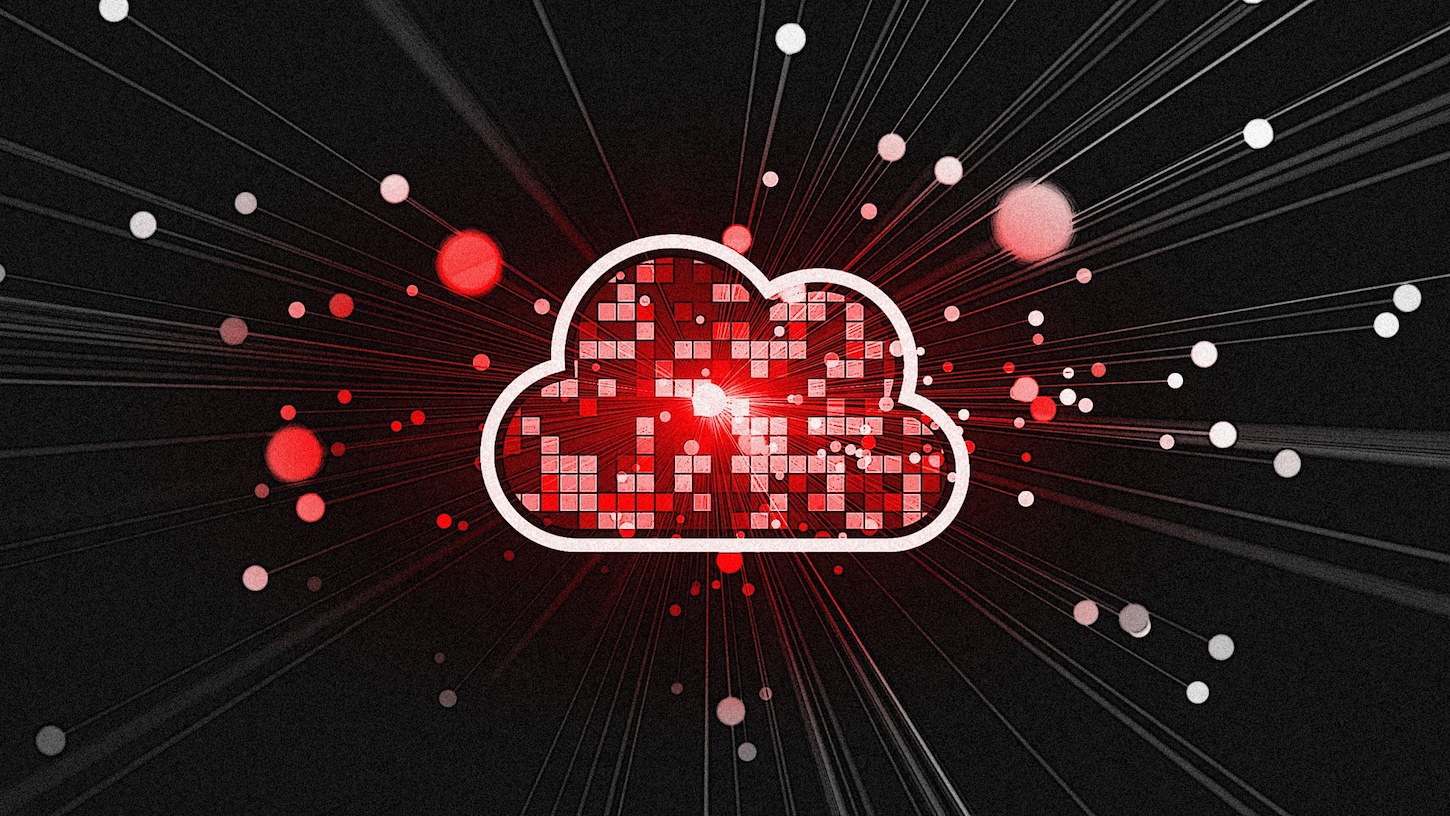When algorithms discriminate or polarize, they’re not malfunctioning—they’re mirroring the world we’ve built. AI exposes personal bias and inconsistency.
KEY POINTS
- AI systems mirror our values, biases, and contradictions.
- Bias in AI stems from historical data, not the code itself.
- What we click, share, and ignore teaches machines who we truly are.
Most recent public discussion about artificial intelligence frames it as a force that will reshape society, for better or worse. AI is presented as something external, a non-human presence that is inserting itself into our lives and threatening to change how we live and work. Understanding the impact AI will have on our day-to-day existence is important. But there is a crucial piece missing from this conversation. When we think about this technology, it isn’t enough to ask how it will change us. We also need to understand how we shape AI and what that process can tell us about ourselves.
Every AI system we create functions as a mirror, reflecting our values, priorities, and assumptions with startling clarity. When facial recognition technology struggles to identify darker skin tones, this is not a malfunction, it is a reflection of the assumptions and perspectives embedded in the data it was trained on. When content recommendation engines amplify outrage and division, this doesn’t mean that they are broken; they are successfully optimizing for engagement with how humans behave in reality. In many cases, the “threats” and “dangers” of AI have nothing to do with the technology itself. Instead, the things we have to worry about are reflections of qualities that are inescapably human.
Encoded Reflections
Consider hiring algorithms. In 2018, Amazon scrapped an AI-powered hiring tool after discovering it was biased against female candidates. The AI wasn’t programmed to discriminate, but it was trained on historical hiring data that favored men, and it learned to replicate those patterns. Similarly, research from UC Berkeley found that mortgage approval algorithms often offer less favorable terms to Black and Hispanic applicants, reinforcing longstanding inequalities in lending.
The use of AI systems in law enforcement, healthcare, and education reveals similar patterns. Predictive policing tools tend to focus on certain communitiesbecause they are trained on historical crime data. Algorithms in healthcare may be more likely to misdiagnose patients belonging to certain demographic groups. Automated grading systems in schools have sometimes been shown to favor students from wealthier economic backgrounds over others when the quality of the work was the same. In all these cases, AI isn’t creating new biases, it is reflecting existing ones.
This mirroring effect presents an important opportunity for self-examination. By making these issues more visible and more urgent, AI challenges us to acknowledge and address the sources of the data that cause algorithmic bias. This challenge will become increasingly personal. With the announcement of a new generation of AI-poweredrobots that will adapt to environmental conditions, we can expect the biases of individual owners to shape how these systems behave.
Our current approach to AI is filled with contradictions, and AI reflects those contradictions back at us. We value AI as a tool to increase the efficiency of our businesses, and yet we worry about it taking human jobs. We express concerns about AI-driven surveillance while willingly handing over our personal data in exchange for small conveniences (61 percent of adults acknowledge trading privacy for digital services). And while misinformation is a growing concern, engagement-driven AI models continue to favor viral content over accuracy.
Each Act Leaves a Trace
As AI continues to evolve, we must ask ourselves how we as individuals want to shape its role in society. This isn’t just about improving algorithms, it’s about ensuring that AI is developed and deployed responsibly.
Some organizations are already taking steps in this direction. Rather than simply refining AI models with the sole goal of increasing economic efficiency, they areevaluating the data, policies, and assumptions that shape the behavior of AI models. This could help mitigate unintended consequences.
Still, we cannot expect organizations and institutions to do all the work. As long as AI is trained on human data, it will reflect human behavior. That means we have to think carefully about the traces of ourselves we leave in the world. I may claim to value privacy, but if I give it up in a heartbeat to access a website, the algorithms may make a very different assessment of what I really want and what is good for me. If I claim to want meaningful human connections yet spend more time on social media and less time in the physical company of my friends, I am implicitly training AI models about the true nature of humanity. AI does not just expose systemic contradictions, it also highlights the internal conflicts of individuals. And as AI becomes more powerful, we need to take increasing care to read our principles into the record of our actions rather than allowing the two to diverge.
As we continue to integrate AI into our lives, we must recognize that these systems don’t just predict our behavior; they reflect our character. Reflecting on that reflection allows us to make better, more principled choices, but only if we’re willing to look closely and take responsibility for what we see.
[Source Photo: Pathdoc/Shutterstock]
Original article @ Psychology Today.
















